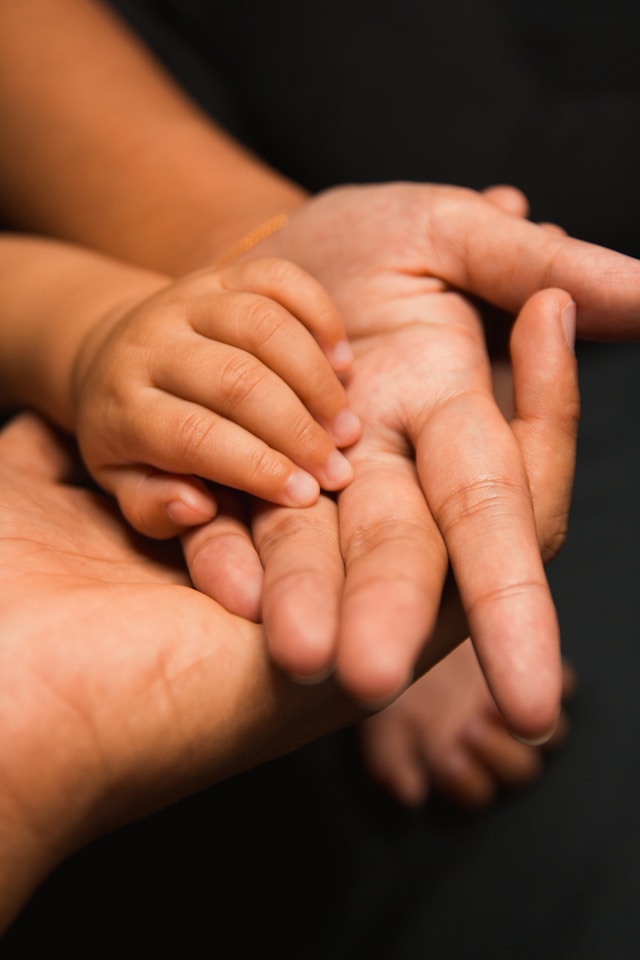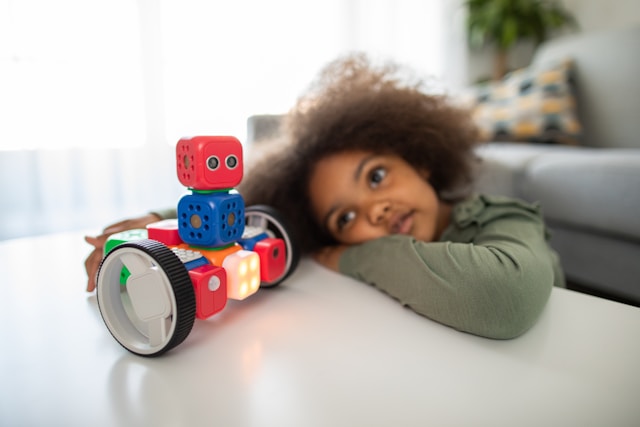When your child is still not talking at three years or not talking full sentences, you need to get worried. Actually, you ought to have gotten worried long time ago when they were still two. But hey, now that they have already celebrated their third birthday and are still nonverbal, you need to start taking action.
You need to seek professional help other than getting consolation from friends and family members that the child will catch up at their own time. Also avoid those who are reassuring you that even Einstein talked when he was four and so, your little toddler might be another genius Albert Einstein.
Solutions to My 3 year Old does not Talk
- Visit a speech pathologist or pediatrician for profession assessment
The first thing that you ought to take is to visit a pediatrician or speech pathologist who will access the child.
They are also going to ask you about how the child hit the different developmental milestones to assess whether they have always been late.
You could get an assessment for autism spectrum disorder, expressive language delay or receptive language delay. With expressive language disorder, the 3 year old child will be understanding what you say and will actually take action when you send them to do something but they will not be able to express themselves. It could be caused by apraxia or other reasons.
With receptive language disorder, the child does not understand you and so they cannot respond or take action when you send them to do something.
The medical personnel will also recommend what you need to do so as to have the child on track. They might ask you to have more intentional communication with the child, ask that you take the child upcountry or to a place where they will have other kids to play with, take them to preschool or attend speech therapy sessions.
In my case, my three year old who seemed to only talk gibberish and sneak in a sensible word here and there was disagnosed as having speech delay but not autism. While it was pleasing to hear this, the lady speech pathologist advised that I needed to consciously make lots of steps to help him with his late talking.

- Cut out on screen time
If your child is still not talking at three, it is time to make your home a communication haven where they are going to benefit from. One thing that always distorts child language development is screen time.
If the kid is always spending time on TV or on the smartphone playing the baby shark and other ‘cocomelon’ songs, they might have a big problem catching up. Actually research has shown that, they might stay for long before they are able to verbalize what they have heard.
To avoid all these, you could cut down on the screen time or ditch it off altogether.
- Intentional play
I will have to admit that I was lazy in trying to talk to my child. Everyday after work, I would go home, sip my tea and watch news or read a novel. The boy would come and blabber for long non comprehensible things. Maybe he was asking about my day but because one could not make sense, I would ignore him and to keep him occupied, give him my smartphone to watch the addictive baby shark song. And he would happily watch it as I looked at the news.
The speech therapist advised against this and said that after arriving home from work, I should make intentional efforts to speak with the child as well as play with them games that they were sure to enjoy. And so I bought blocks, toy cars and teddy bears which after work, I would sit with him and play with as we made some little communications.
- Baby day care and Preschool
Since there was so little communication between the kid and us the adults, the speech therapist advised that we take the child to a fun place where there would be his peers to play with. One place was his grandma’s home. The local baby day care was also a good fit since he would interact with his peers the whole day and have fun while at it.
It was also really cheap and it was a win -win for us the parents as well as him since he was able to grasp more vocabularies as well as expand his social circle.
- Go outdoors with the kid and identify things with them
Other than having some play in the house, I made some effort to have the boy always accompany me when I was going out to the mall to do some shopping. And so we would go identifying things on the shelves such as juice, yoghurt, cakes, milk and toy cars.
Of course this led to me buying some things that I was not meant to buy because he would really cry when we got to the juice section and he would not hear of it that we need to move on before we had picked one can. But to me, it was still worth it. He was learning words and using them.
As we walked and met my friends, the boy was also very jovial and was the first to extend a handshake and mumble a ‘hello’ to them. This made my heart brim with joy especially when the friends commented that he was such a little chirpy and outgoing boy.
- Have one language for the baby in bi or multilingual homes
Before I found out that we were confusing our child, we would speak in three languages. There is our mother tongue. There was the househelp’s mother tongue who would speak for long on the phone when taking care of the baby. Then there was English. So the home had three languages and the child would hear all of them. It got increasingly hard to find out one language to interact in.
When we made an intentional attempt to only speak in English so that the child would understand, it got a little easier and he was able to grasp the words ‘tea’, ‘mum’, ‘juice’, ‘daddy’, ‘bye’ and ‘TV’. It wasn’t much but it was good for us to see him make such little steps in his communication.
- Consider taking up the Nemechek protocol
One thing that I was advised to try out when my kid hit three and was still not very verbal was to try out the Nemechek protocol. The Nemechek protocol is a strategy that was devised by Dr. Patrick Nemechek. It is usually made up of dosages of daily inulin, DHA and extra virgin oil. Dr. Nemechek says that it can help with toddlers who have late language emergence or autism spectrum disorder.
Though I did not fully follow it since my kid really hated fish oil, I must say that I saw some gradual improvement in his maintaining an eye contact with me after forcing him to the dosages for the two weeks we were on it.


